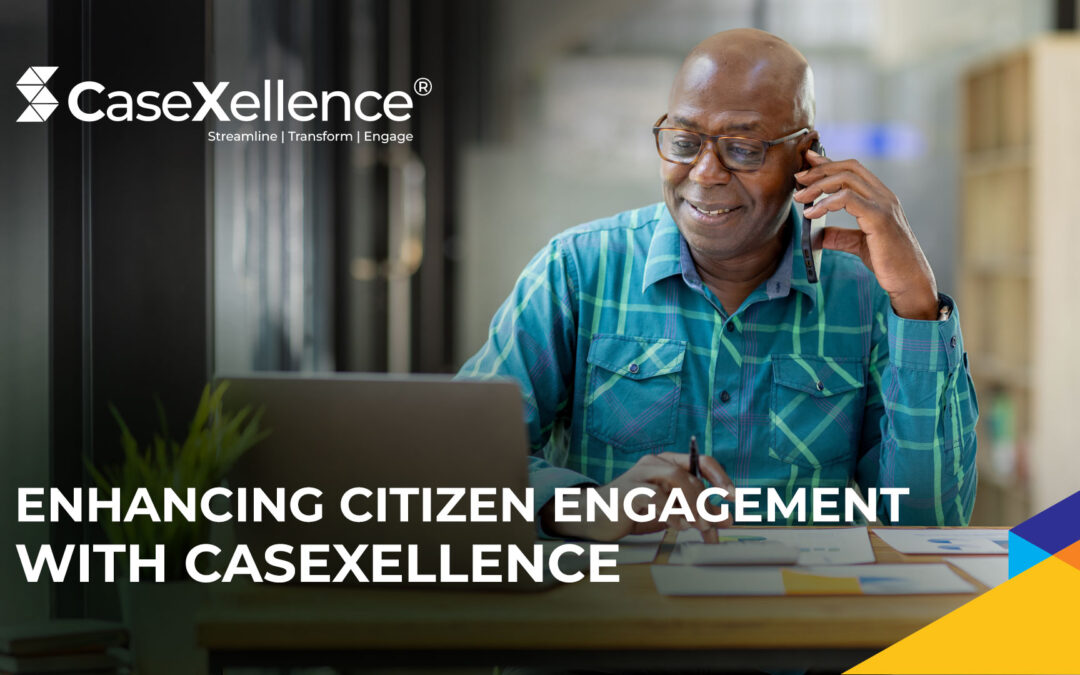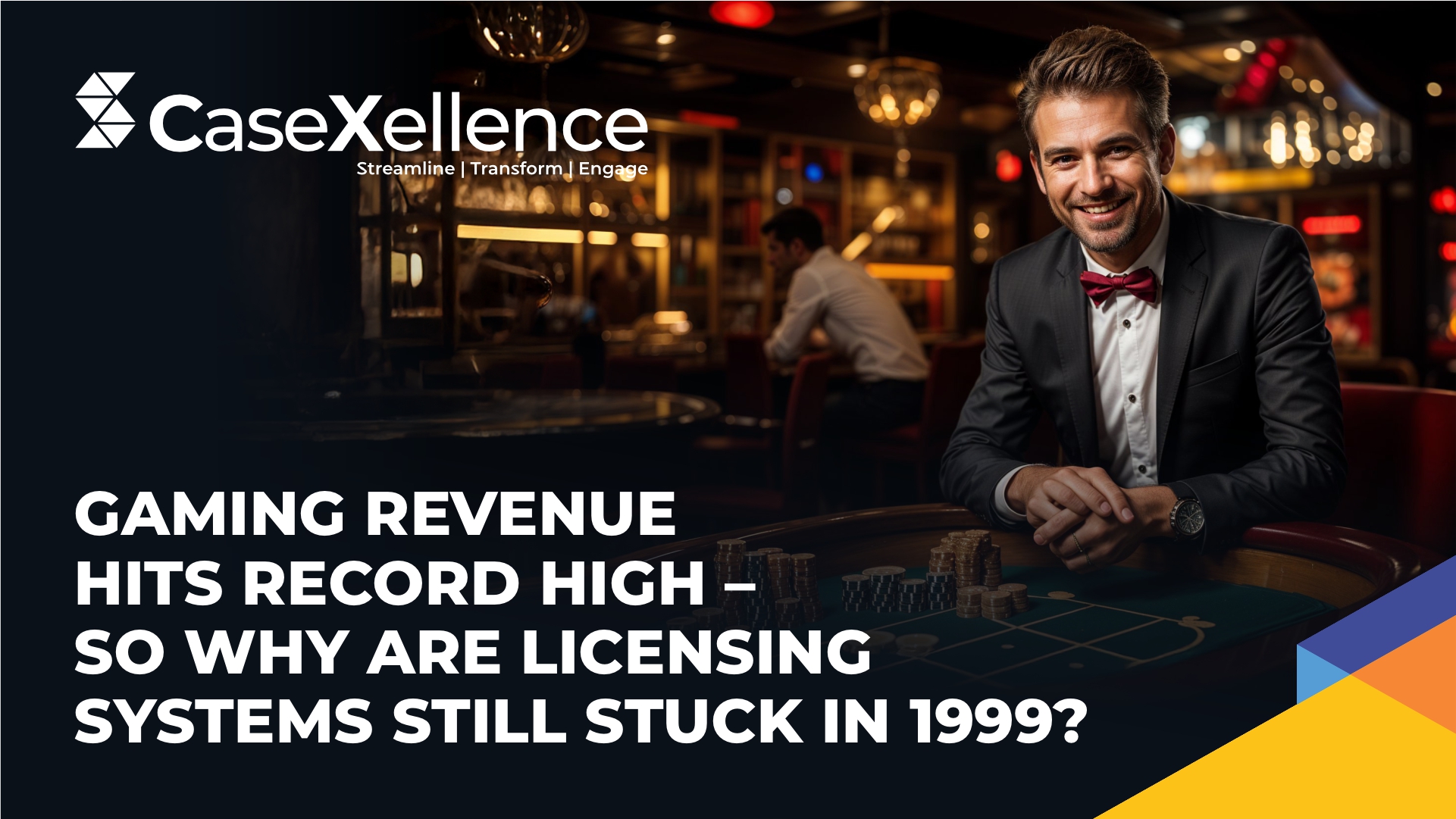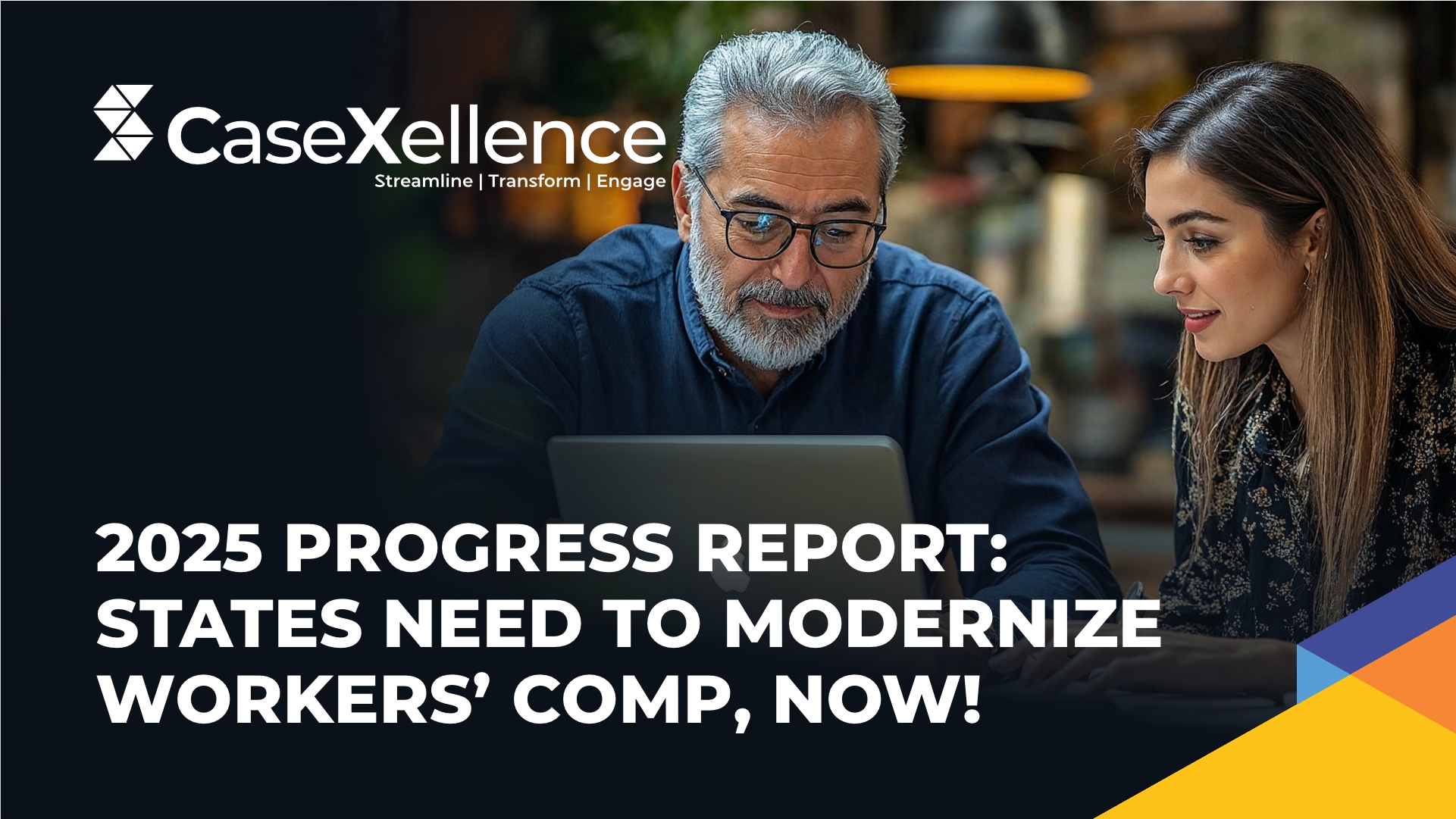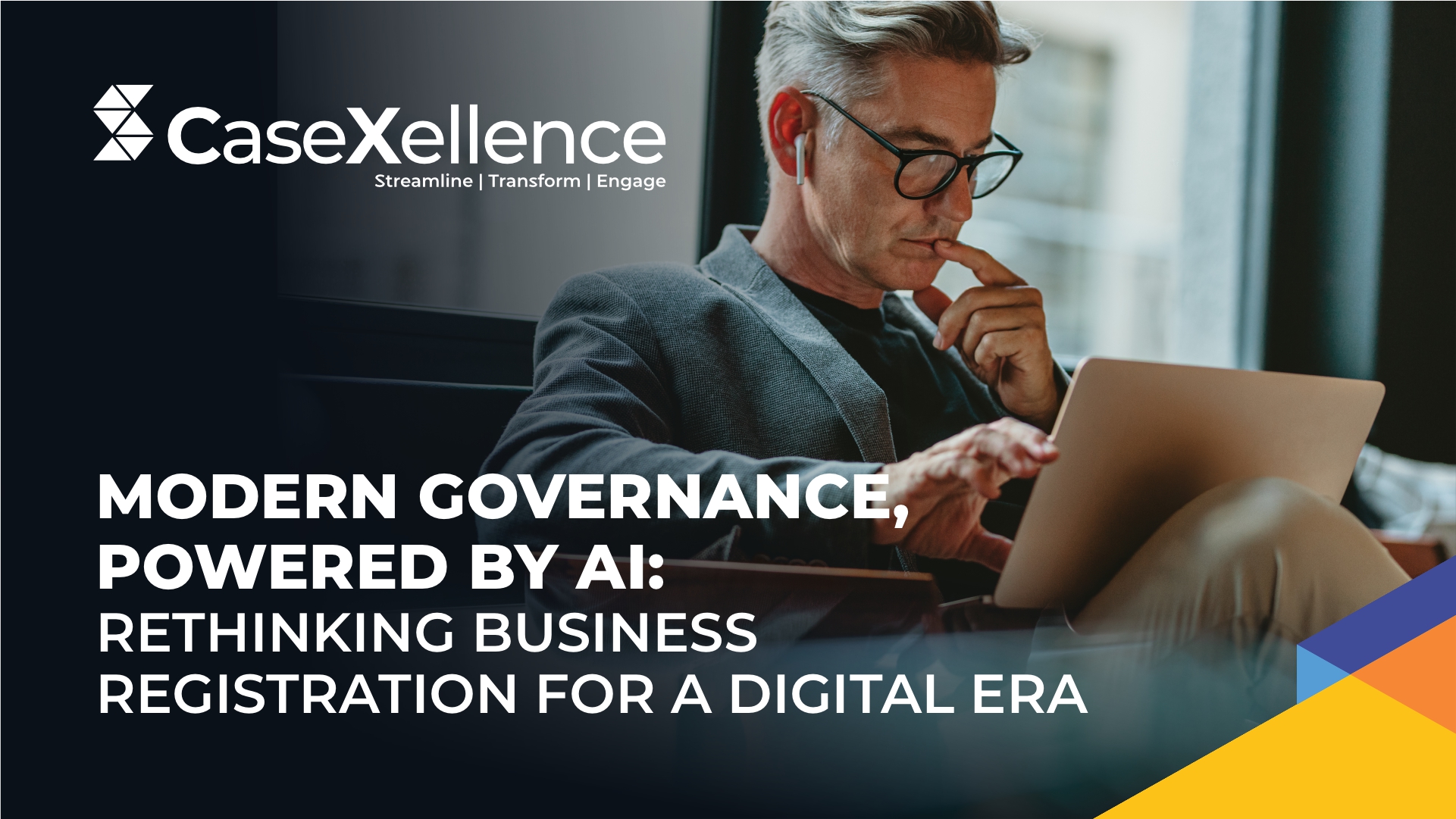As we explore the importance of citizen engagement portals, it’s essential to delve into the specific benefits these platforms offer to both government entities and the public.
Table of Contents
Streamline Government Operations
One of the most significant benefits of citizen engagement portals is the increased transparency they bring to government operations. Transparency is a cornerstone of good governance, and citizen engagement portals make it easier for governments to share information about their activities, policies, and decision-making processes. These portals help build trust between the government and the public by providing access to this information. A study by Grimmelikhuijsen and Meijer (2012) found that transparency initiatives increase public trust and engagement.
Transform Interactions
Citizen engagement platforms also transform the way governments interact with the public. By leveraging digital tools and platforms, governments can modernize their approach, making processes more efficient and accessible. This transformation allows for a more dynamic and responsive interaction with citizens, adapting to their needs and feedback in real-time.
Engage Effectively
Citizen engagement portals also facilitate more effective communication between the government and the public. Traditional communication methods, such as town hall meetings and public notices, are often limited in reach and effectiveness. In contrast, online portals can reach a much broader audience and provide more interactive and engaging ways for citizens to participate. According to a study by Linders (2012), e-government platforms incorporating interactive features, such as forums and feedback tools, significantly enhance citizen engagement and satisfaction.
CaseXellence: Empowering Engagement
The CaseXellence platform leverages these benefits by providing a robust and flexible solution for developing and managing citizen engagement portals. Its low-code, no-code approach allows government agencies to quickly and easily create portals tailored to their specific needs, ensuring adaptability to changing circumstances and community needs.
Enhancing Efficiency
CaseXellence includes features that enhance the efficiency of government operations. The platform’s case management system allows government staff to manage citizen inquiries and feedback more effectively. This system ensures that inquiries are tracked, assigned, and resolved in a timely manner, improving overall government responsiveness.
Driving Data-Driven Decisions
The data analytics capabilities of CaseXellence provide valuable insights into citizen engagement trends. By analyzing data from the portal, government agencies can identify common issues, track the effectiveness of their initiatives, and make data-driven decisions to improve their services. This continuous feedback loop ensures that the government remains responsive to the needs of its citizens.
Ensuring Security and Trust
Furthermore, CaseXellence’s security features protect sensitive citizen data. The platform adheres to the highest standards of data privacy and security, giving citizens confidence that their information is safe. This trust is crucial for encouraging citizen participation and ensuring the portal’s long-term success.
Conclusion
In conclusion, citizen engagement portals offer numerous benefits that enhance governance and improve public satisfaction. By increasing transparency, promoting accountability, and facilitating effective communication, these portals help build trust between the government and the public. CaseXellence provides a powerful and flexible solution for developing and managing these portals, ensuring they continue to meet the community’s needs. As governments continue to embrace digital transformation, platforms like CaseXellence will play a crucial role in fostering a more engaged and informed citizenry.
References:
- Grimmelikhuijsen, S. G., & Meijer, A. J. (2012). Effects of transparency on the perceived trustworthiness of a government organization: Evidence from an online experiment. Journal of Public Administration Research and Theory, 24(1), 137-157.
- Linders, D. (2012). From e-government to we-government: Defining a typology for citizen coproduction in the age of social media. Government Information Quarterly, 29(4), 446-454.





